If you’re a real estate investor, deciding how many properties to place in an LLC can feel like walking a tightrope. On one hand, you want to protect your assets; on the other, you want to avoid unnecessary costs and complications. Let’s break it down and find that sweet spot between efficiency, affordability, and protection.
Why Use an LLC for Investment Properties?
An LLC (Limited Liability Company) is a powerful tool for real estate investors. It offers liability protection, meaning your personal assets are shielded if someone sues your business or if something goes wrong with a rental property. This is particularly important in the real estate world, where lawsuits are not uncommon.
Another benefit is the tax flexibility. LLCs allow for pass-through taxation, which means the income and expenses from your properties are reported on your personal tax return, avoiding the double taxation that corporations face. Additionally, operating your properties under an LLC can give you a professional image, which is helpful when working with lenders or tenants.
LLC’s Are Popular Among Real Estate Investors
In essence, an LLC combines the liability protection of a corporation with the simplicity of a sole proprietorship or partnership. For real estate investors, this means shielding personal assets from property-related risks while keeping management and tax filing relatively straightforward. See my other article “Piercing the Corporate Veil and Protecting Yourself“.
EXAMPLE: I once had a meeting with a client in the morning that had 42 properties in one Arizona LLC with 2M+ in equity, and later that afternoon I met with a client that had 4 properties with barely any equity in them held in 4 Nevada LLCs while they were a California resident. BOTH situations were terrible and needed fixing.
Understanding Risk Management: The Case for Multiple LLCs
When deciding how many properties to group into one LLC, liability risk is a crucial factor. While it might be tempting to place all your properties in one LLC for simplicity, doing so could expose all of your assets to potential litigation involving just one property.
Pros and Cons of Using a Single LLC for Multiple Properties
The main advantage of grouping multiple properties into one LLC is cost-efficiency. Forming and maintaining a single LLC is significantly cheaper than creating separate entities for each property. However, the downside is that all properties within that LLC share liability. For example, if Property #1 is sued, the equity in Properties #2, #3, and beyond could also be at risk.
Tax Implications of Placing Properties in an LLC
One of the biggest advantages of using an LLC property investment structure is the potential for tax savings. LLCs allow you to deduct expenses related to your rental properties, such as repairs, maintenance, and depreciation, which can reduce your taxable income.
How to Protect Your Personal Assets with an LLC
Maintaining separation between personal and business finances is critical. This means having a separate bank account for the LLC, keeping clear records, and avoiding commingling funds. Doing so not only strengthens your liability protection but also ensures you can maximize tax benefits without issues from the IRS.
How to Decide How Many Properties to Place in One LLC
Finding the right balance between asset protection and cost-efficiency involves considering these key factors:
What’s the equity in your property? High-equity properties are more attractive targets for lawsuits and may require their own LLC.
What type of property is it? High-risk properties, such as short-term rentals or multi-unit complexes, should typically be isolated in their own LLCs.
Where is the property located? Properties in different states often require separate LLCs for compliance and cost efficiency.
Cost of Setting Up and Maintaining Multiple LLCs
Creating and maintaining LLCs comes with costs, and they vary by state. Some states, like California, impose franchise taxes or annual fees, while others have minimal costs.
State-Specific Rules for LLCs and Real Estate
If you own properties in multiple states, you may need to register your LLC as a foreign entity in each state. To reduce costs, consider grouping properties by state. For example, if you own three properties in Florida and two in Texas, forming one LLC per state could simplify compliance while still protecting your assets.
Scenarios: When to Place Properties in Separate LLCs
Some situations clearly call for separate LLCs:
High-equity properties: A single property with significant equity should be in its own LLC to prevent its value from being exposed to liabilities tied to other properties.
Different property types: A commercial property, which may carry higher risks, should not be grouped with residential rentals.
Properties in different states: State-specific filing and compliance rules make it easier to form separate LLCs for properties in different locations.
Click here for an article on the topic: Why a Series LLC Might be RIght for You
When Should You Consider a Series LLC?
If you own multiple properties in a state that allows it, like Texas or Delaware, a Series LLC can be a cost-effective option. A Series LLC allows you to create separate “series” or divisions under one master LLC, each with its own liability protection. This structure can simplify management and reduce administrative costs compared to forming individual LLCs.
Final Thoughts
There’s no one-size-fits-all answer when it comes to deciding how many properties to place in an LLC. The key is finding a balance between liability protection and administrative efficiency.
If you’re unsure about the best approach for your portfolio, consulting with an experienced attorney who specializes in real estate and asset protection is essential. A well-thought-out LLC strategy can protect your investments, reduce your tax burden, and ensure your long-term success as a real estate investor.










